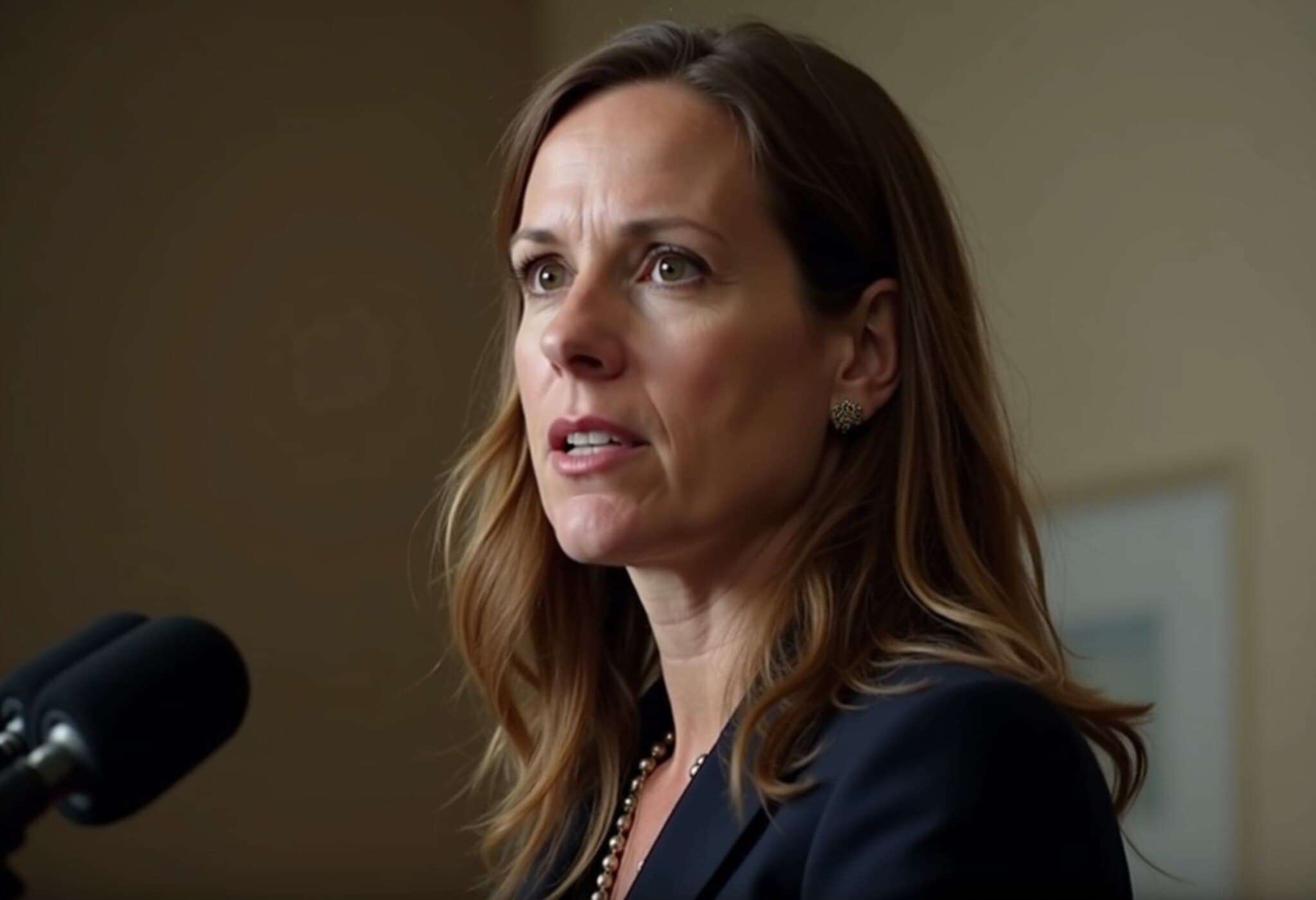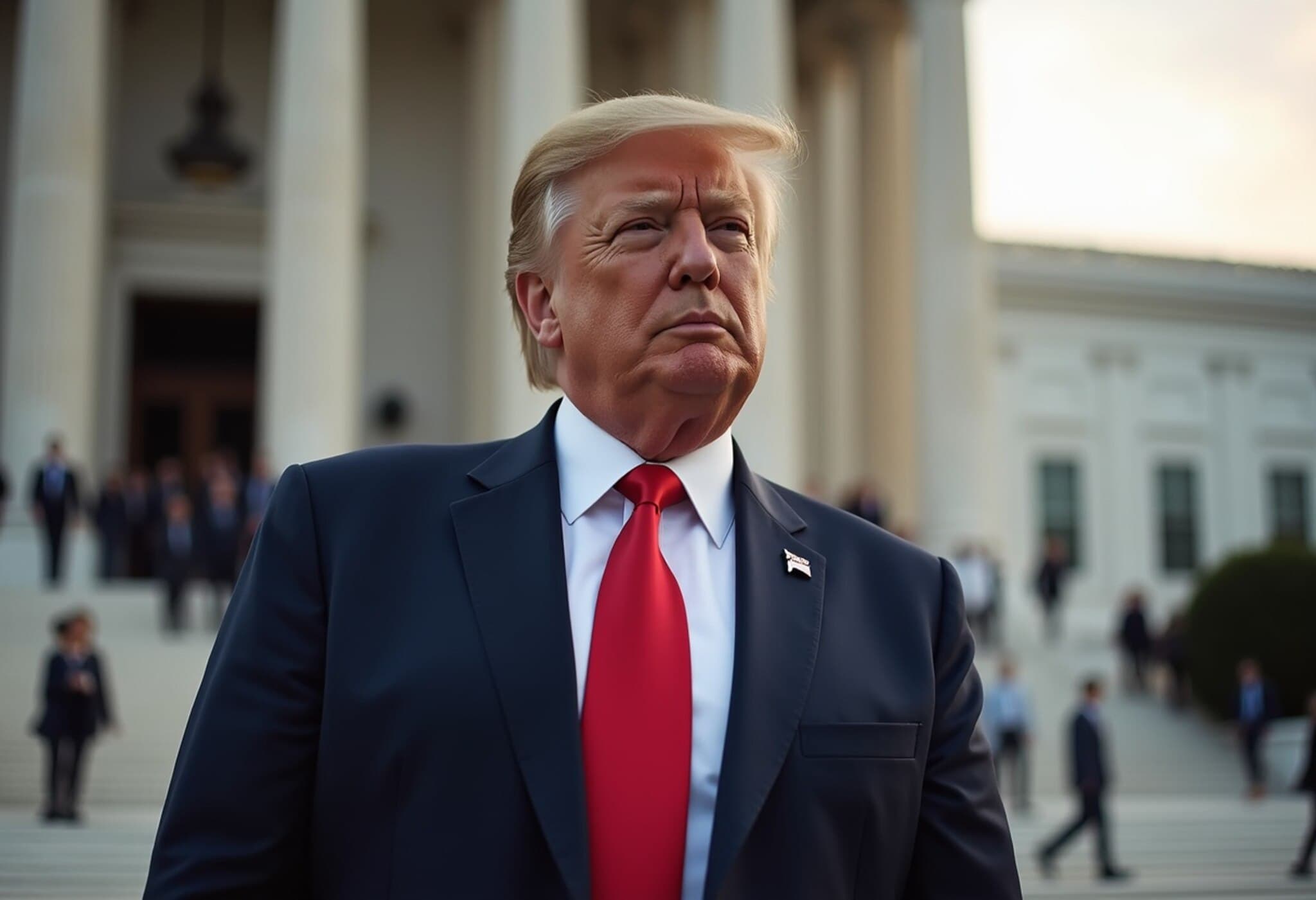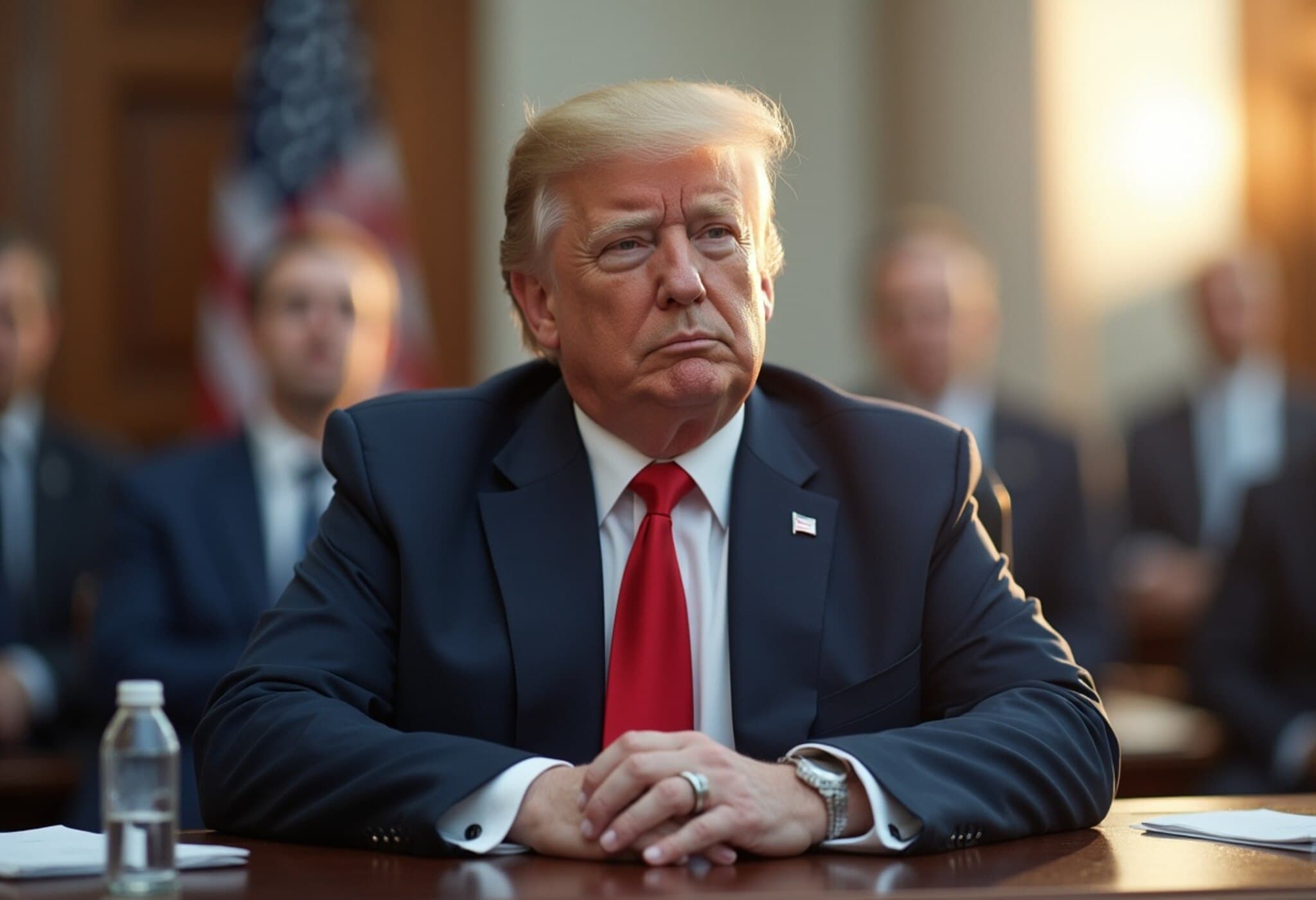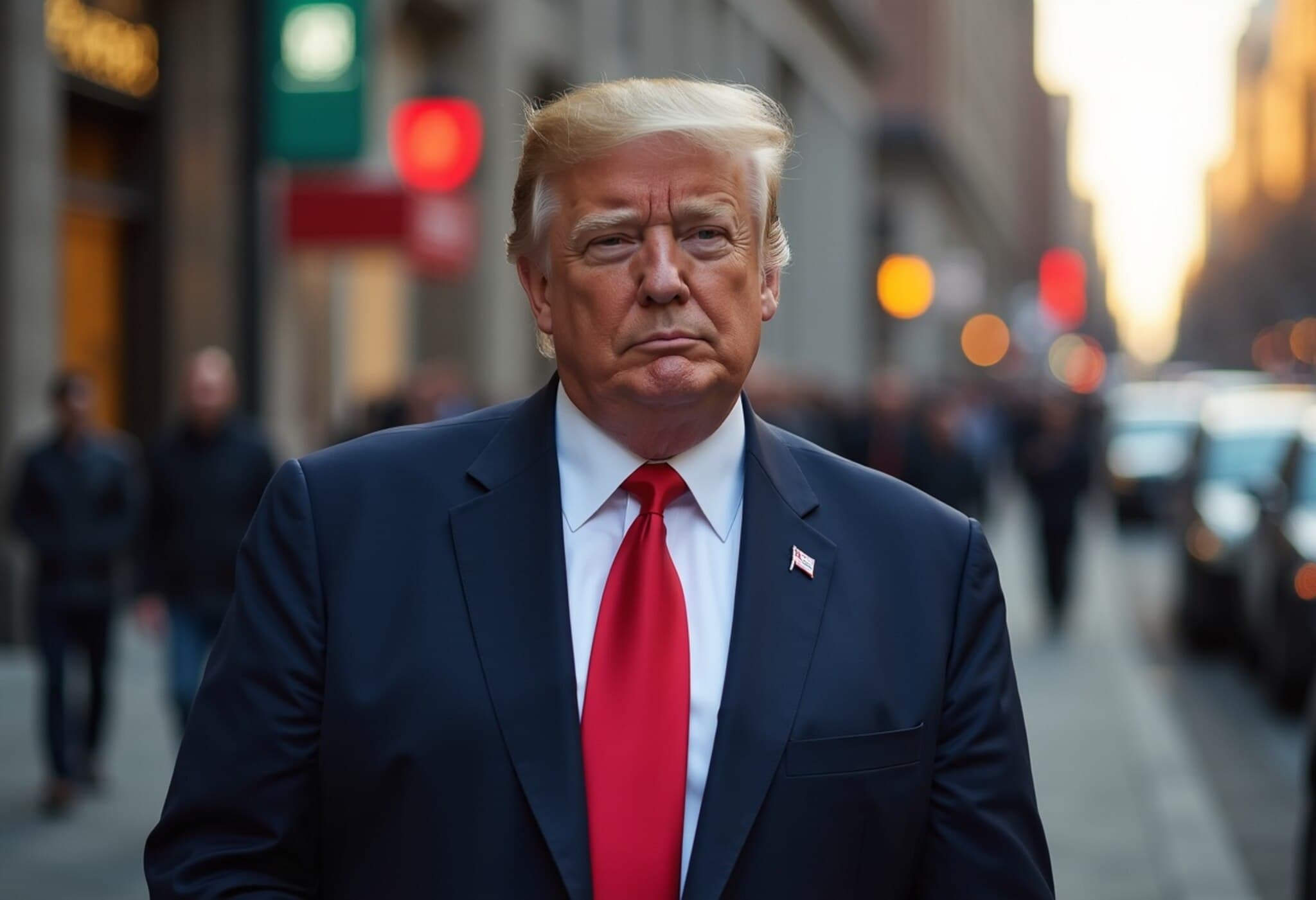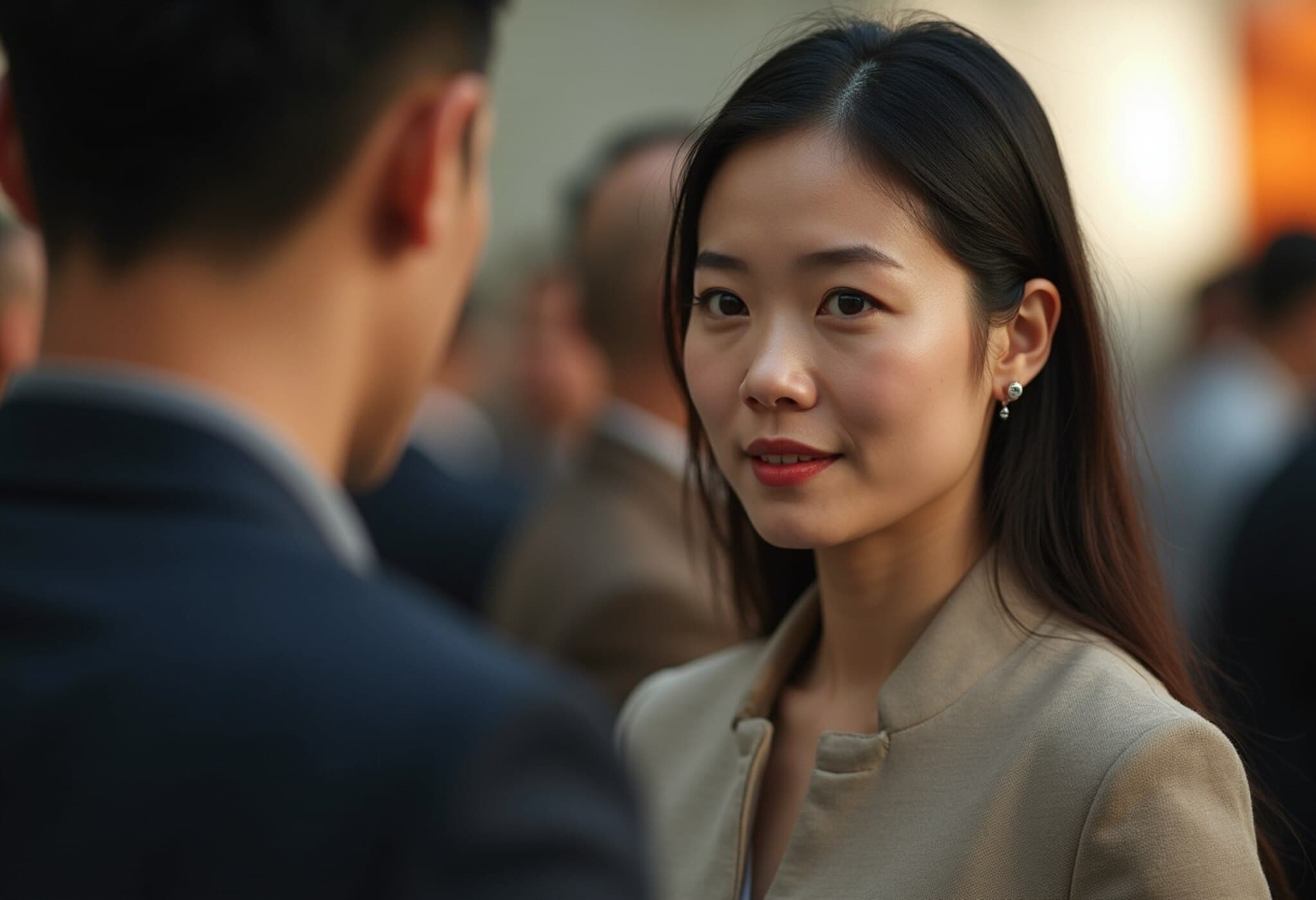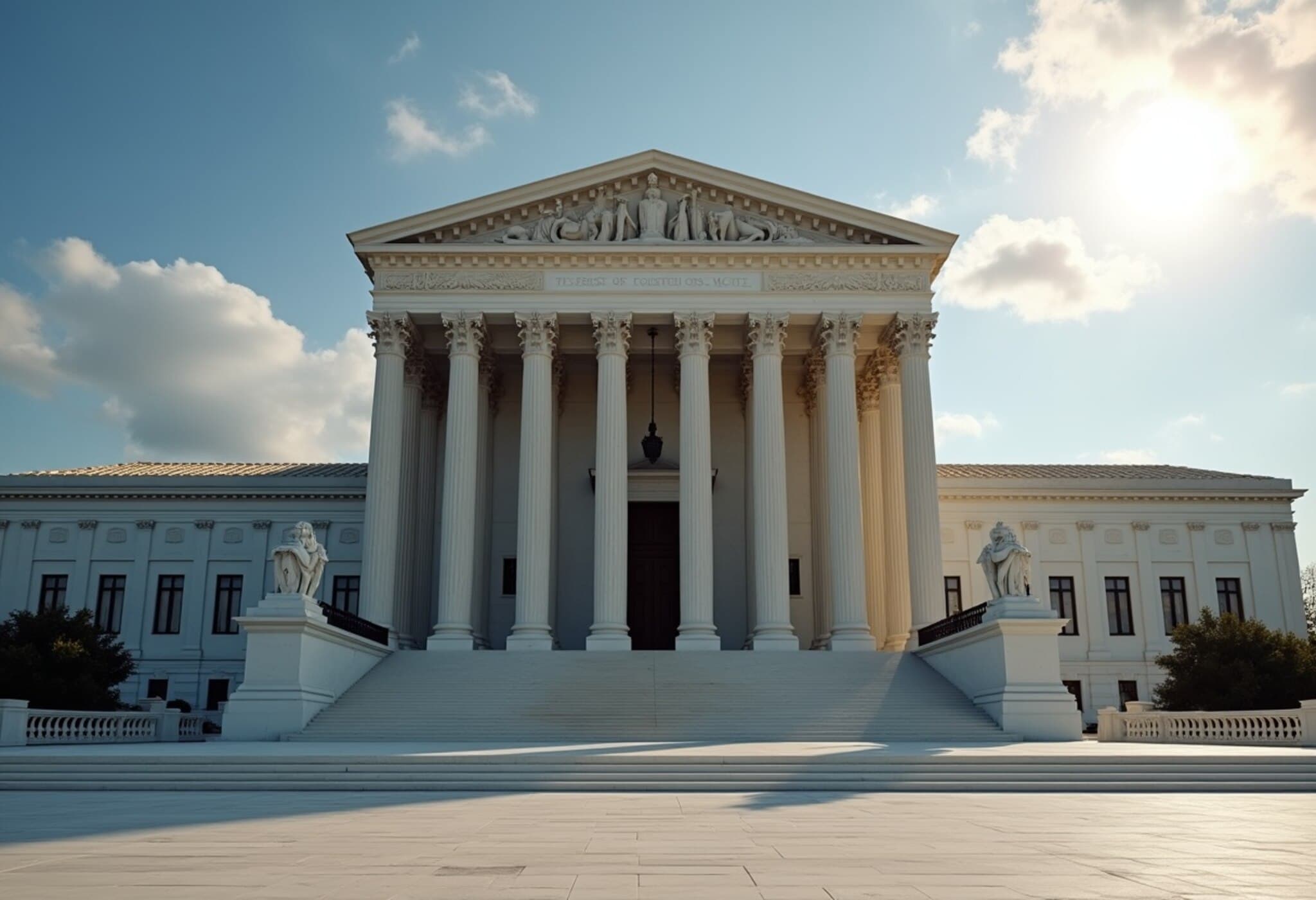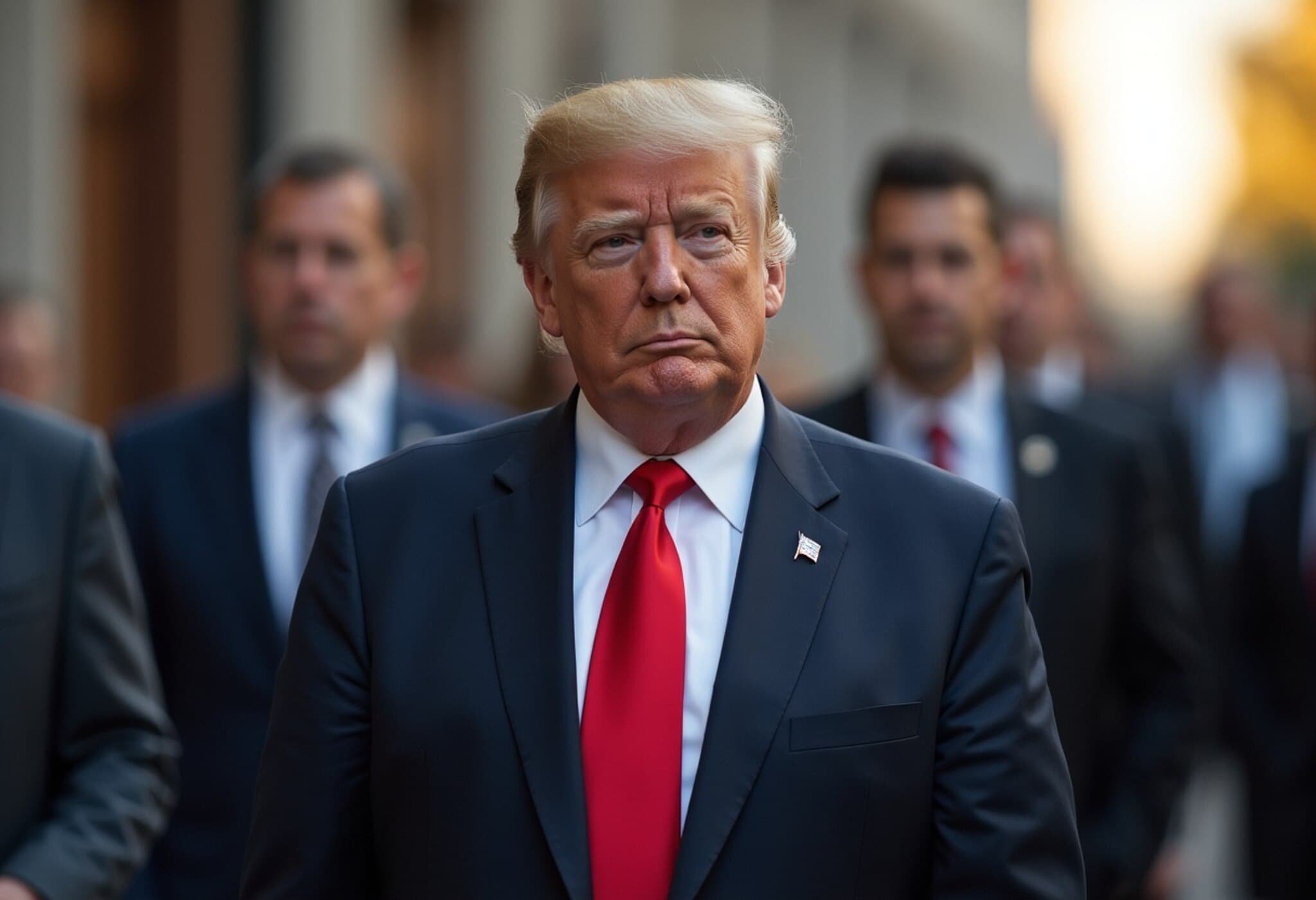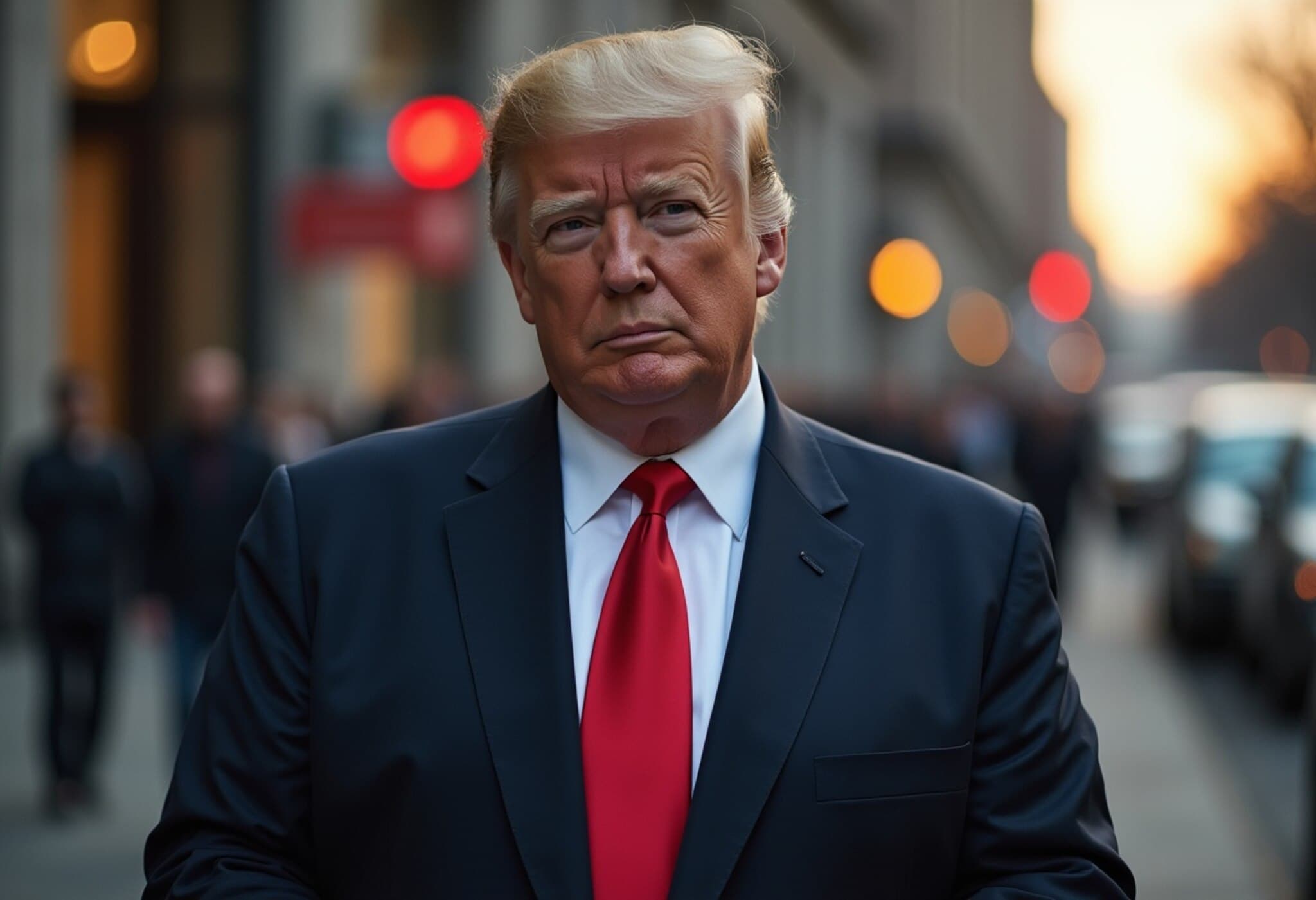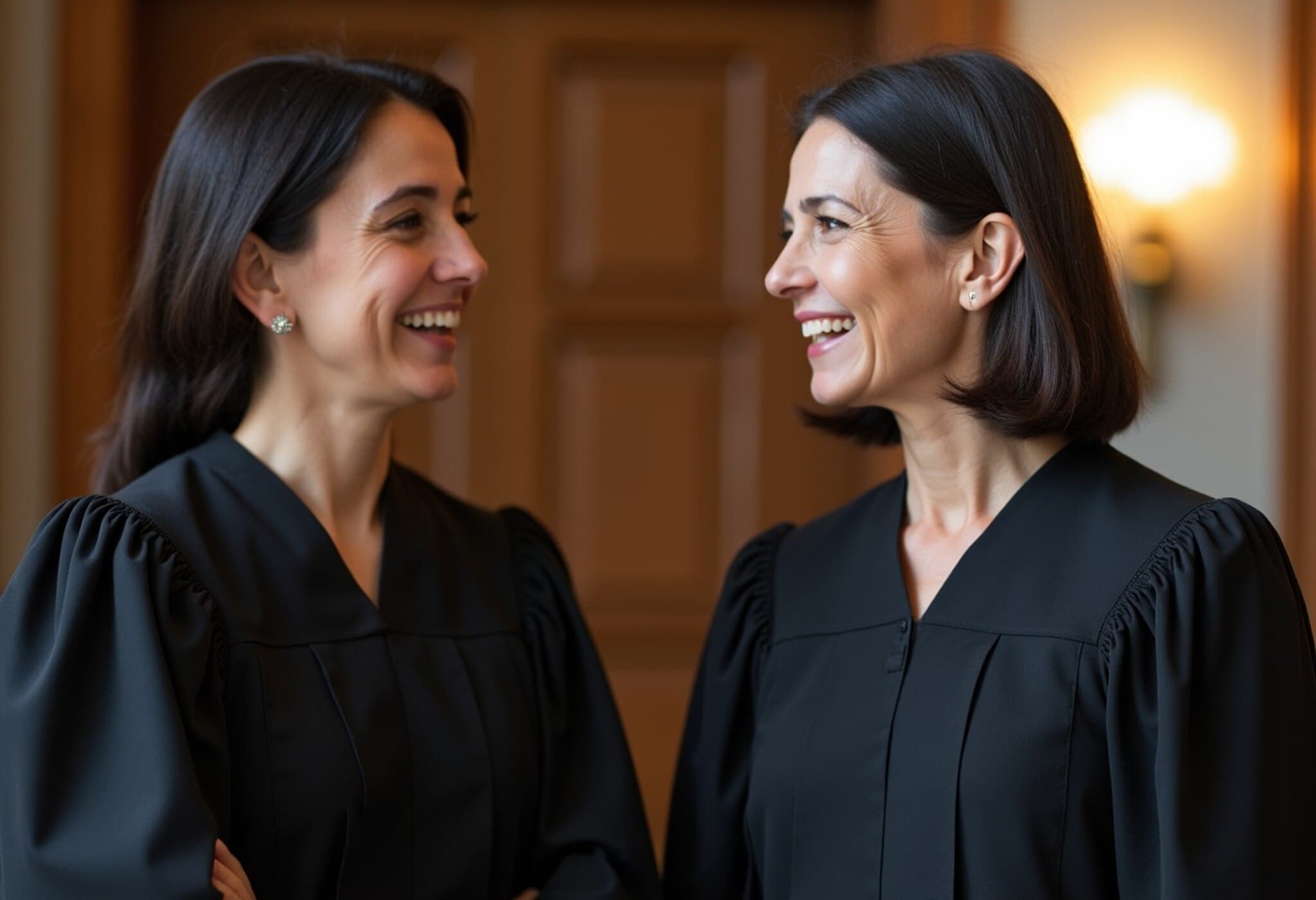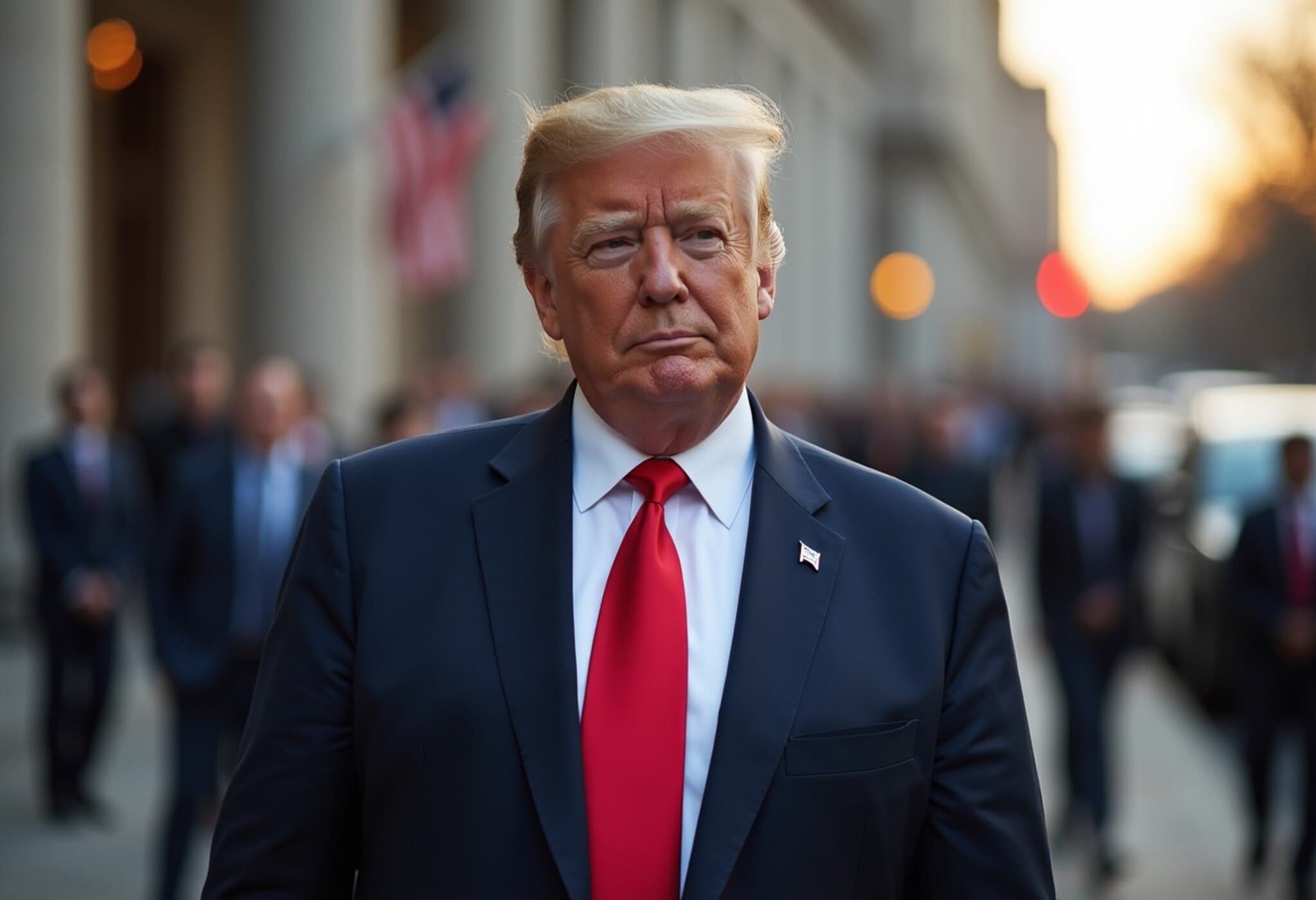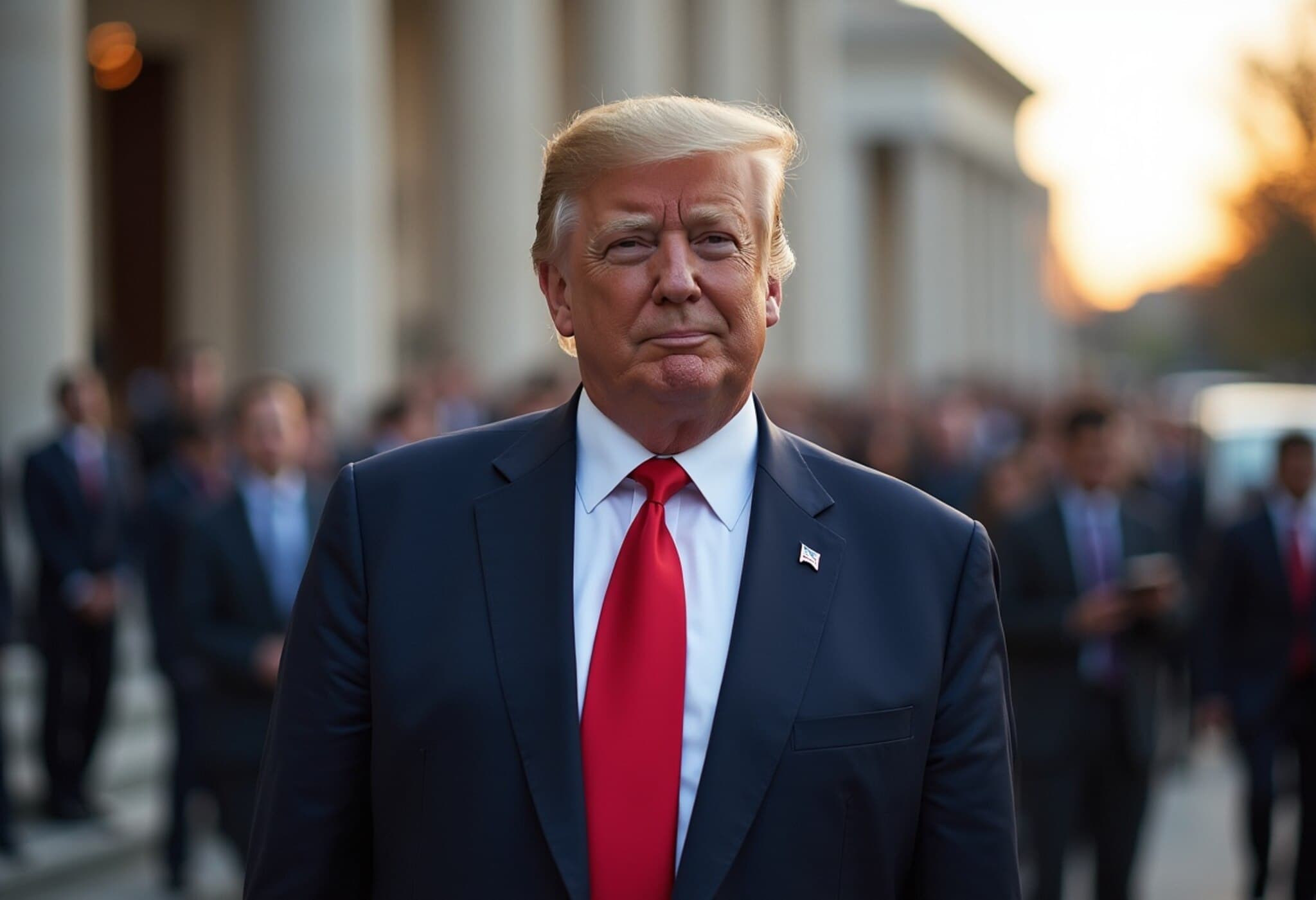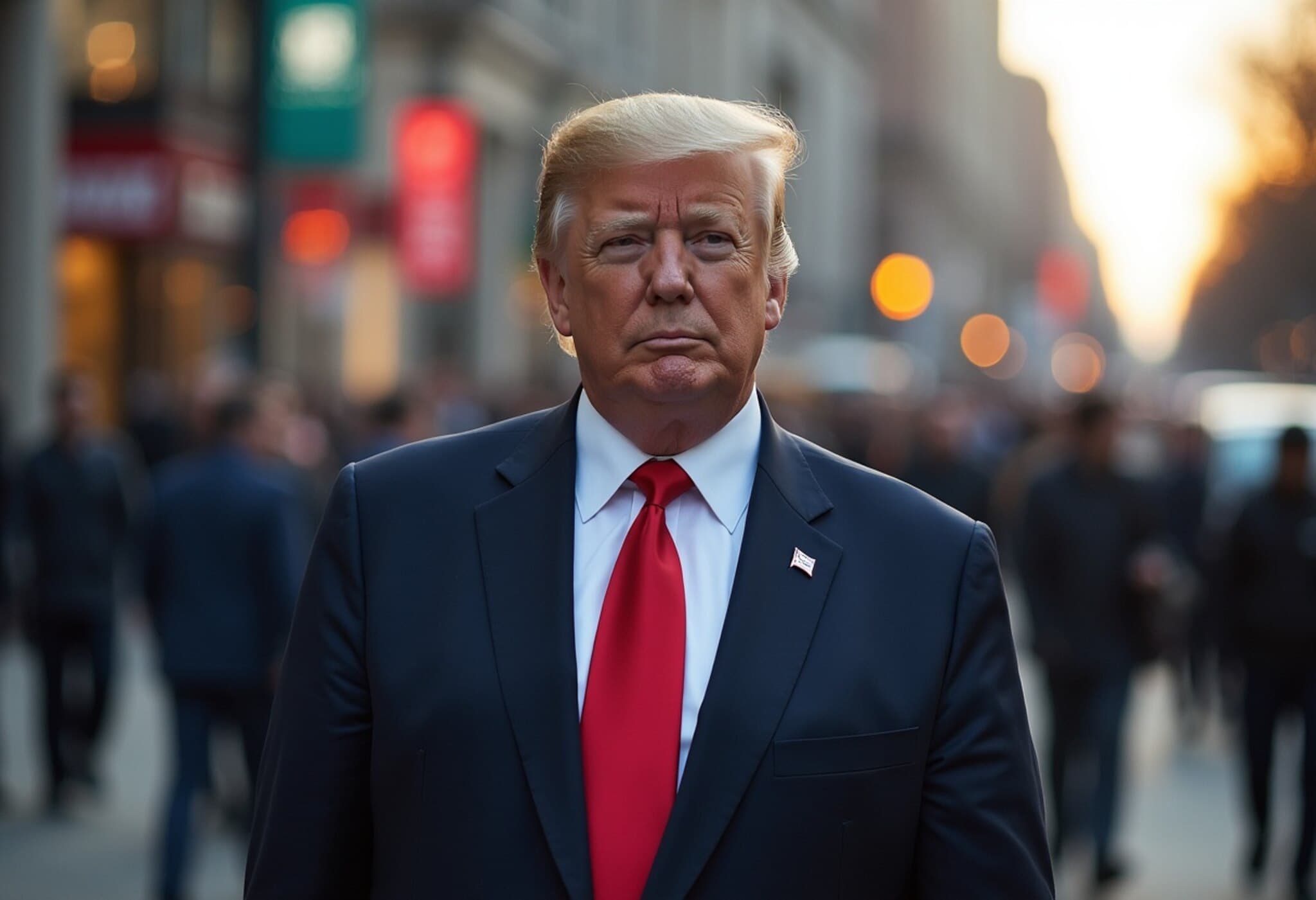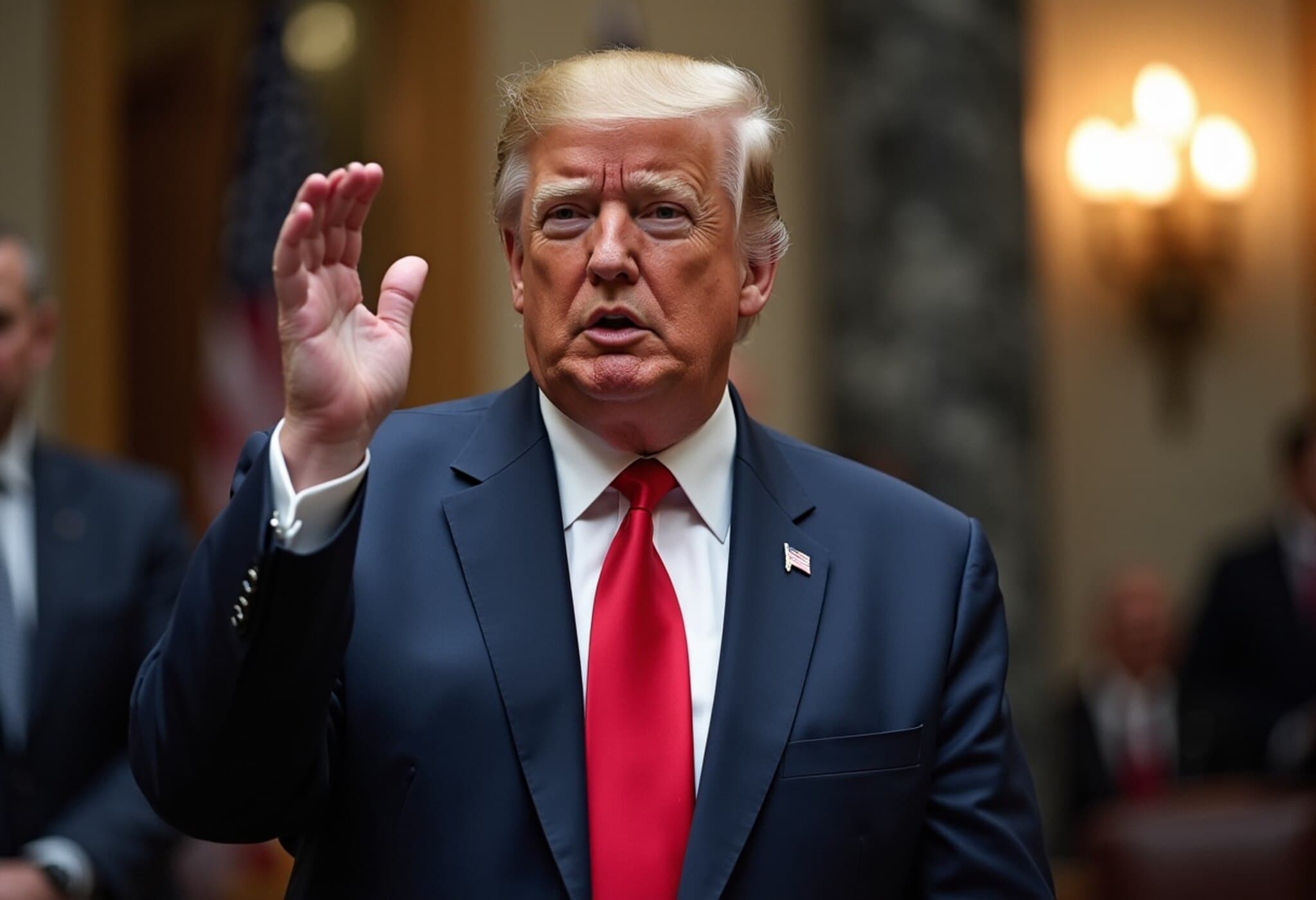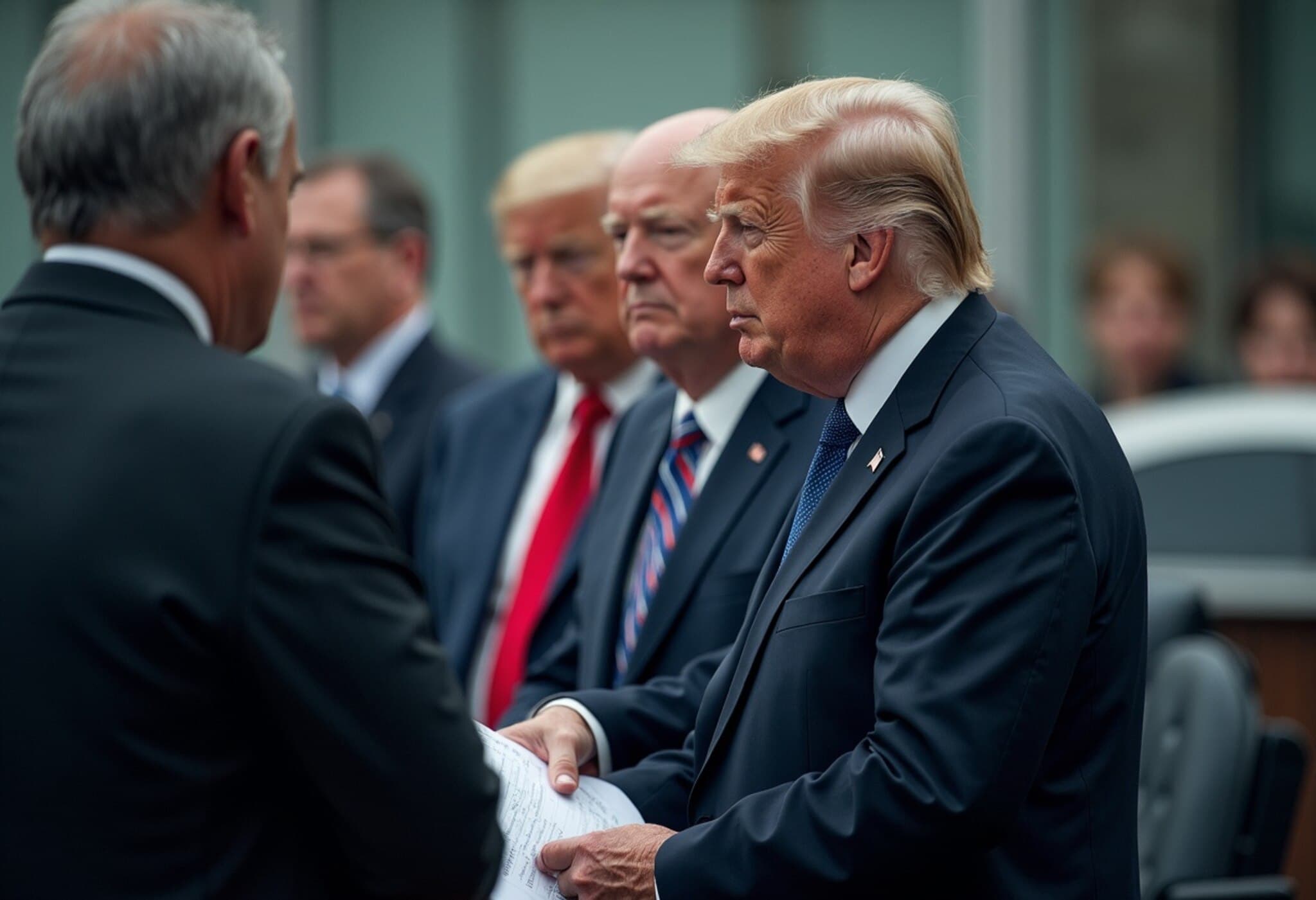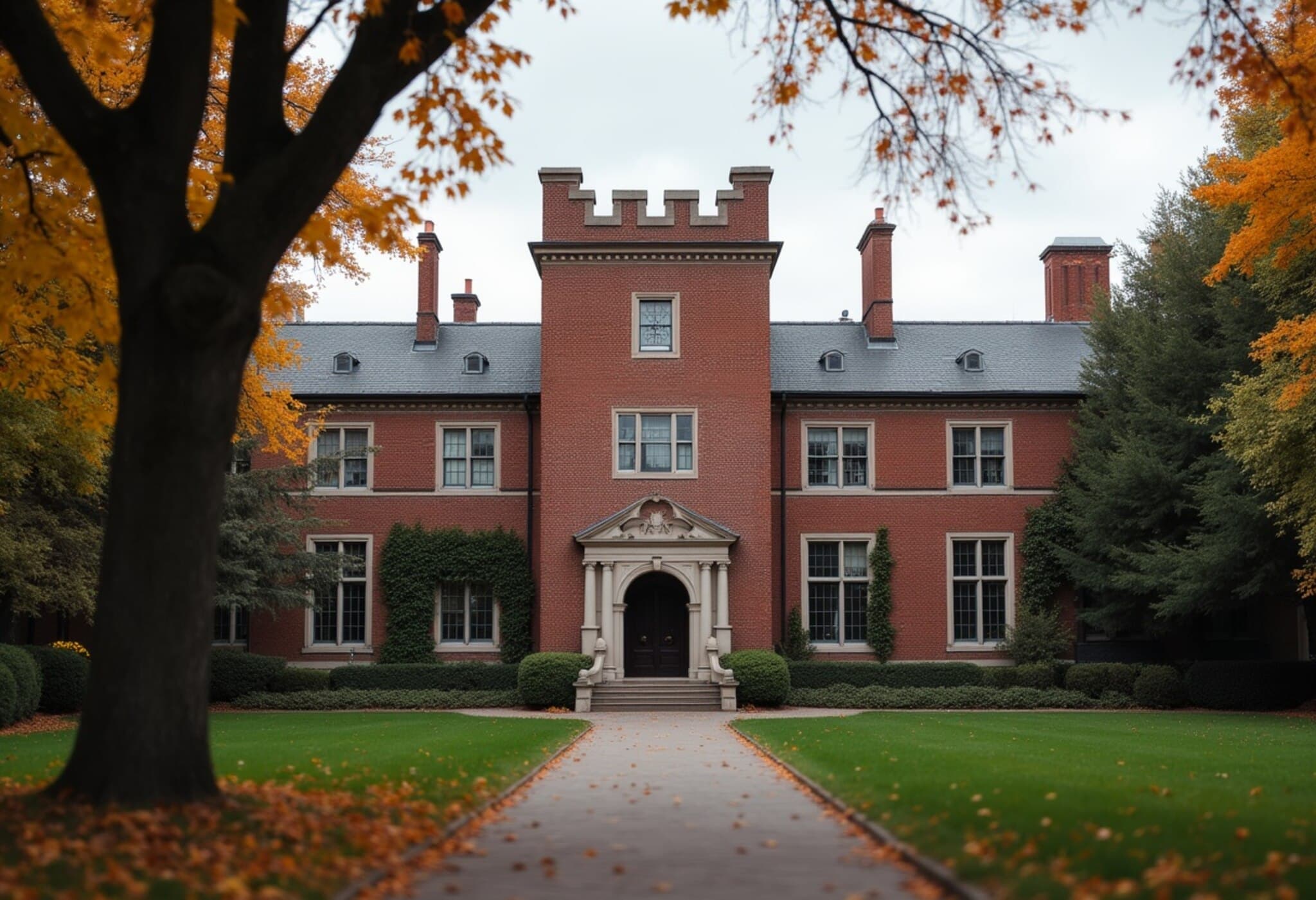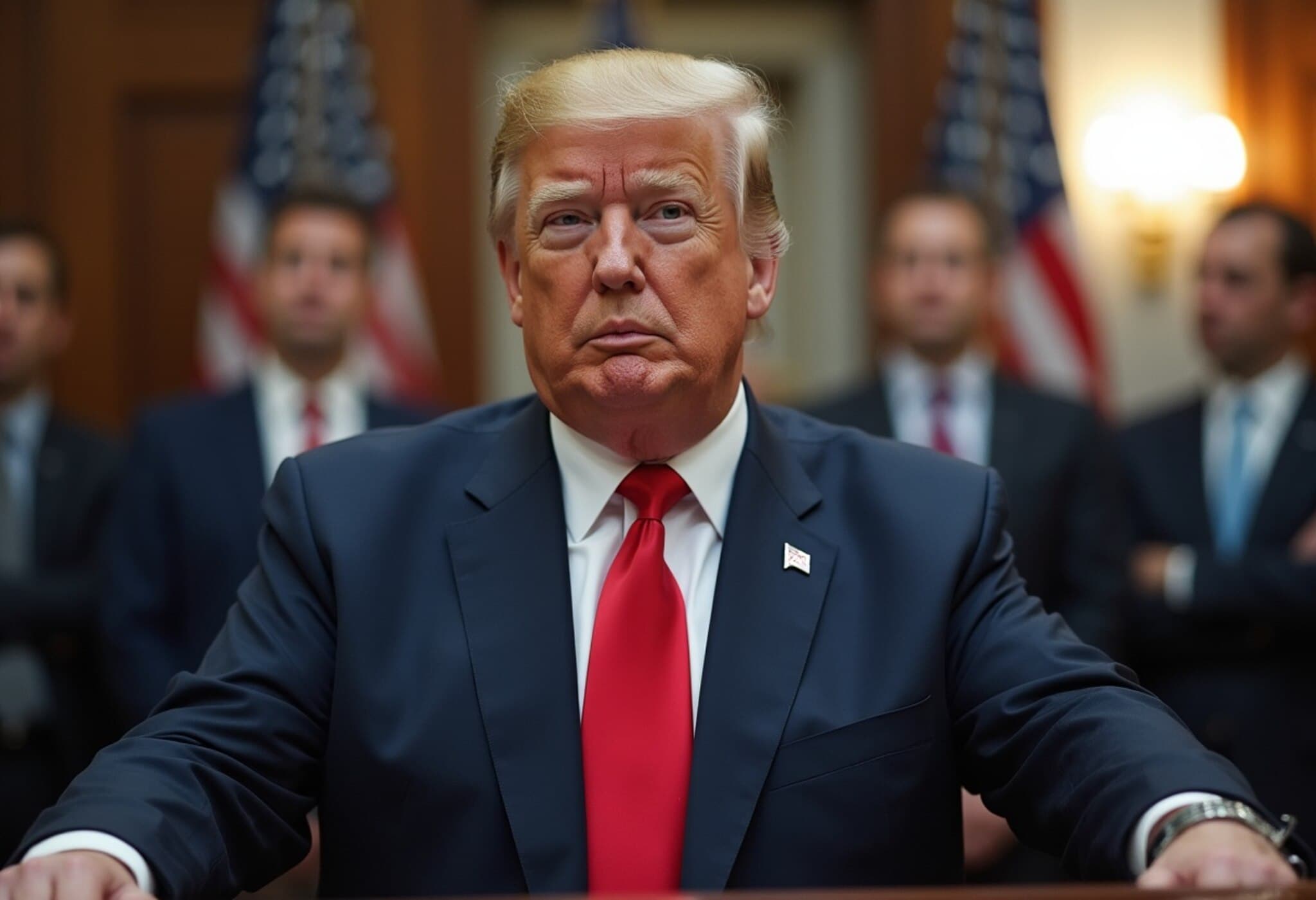A Deepening Divide Within the Supreme Court’s Conservative Bloc
New revelations have shed light on the growing tensions between Justice Amy Coney Barrett and her fellow conservative justices at the Supreme Court, coinciding with the FBI’s reopened probe into the 2022 leak of the landmark Dobbs abortion ruling.
Appointed to Overturn Roe, But With Hesitations
Appointed by former President Donald Trump in 2020 with the explicit aim of overturning Roe v. Wade, Barrett surprisingly opposed taking up the Dobbs v. Jackson Women’s Health Organization case internally. Despite her reservations, the other conservative justices pressed forward, confident Barrett would ultimately join the majority that overturned federal abortion rights. Indeed, leaked drafts revealed Barrett as the pivotal fifth vote calling Roe “egregiously wrong.”
FBI Investigation and Political Backlash
The FBI’s search for those behind the Dobbs draft leak went cold initially, but political pressure, especially from MAGA factions accusing the bureau of failing to expose an alleged “deep state” conspiracy, has now led to renewed investigations. Meanwhile, Barrett’s standing among MAGA supporters has shifted—from being hailed as a divine instrument of conservative victory to being criticized and labeled a “diversity hire” for not backing every Trump agenda item unquestioningly.
Unexpected Alliances and Judicial Independence
Barrett has surprisingly forged respectful relationships with the Court’s liberal justices, particularly Sonia Sotomayor, who extended personal gestures such as congratulatory calls and gifts. While Barrett remains reliably conservative on issues like gun rights and affirmative action, her rulings have often reflected a more nuanced approach than staunch partisans expected.
Cases That Mark a Break
- She sided with liberal justices against Trump’s attempts to freeze $2 billion in federal aid.
- She joined majority opinions opposing controversial deportations of Venezuelan migrants to the notorious CECOT prison in El Salvador.
- She recused herself from cases where she faced personal conflicts, leading to divided rulings unfavorable to conservatives.
Barrett’s Judicial Philosophy: Bound by the Constitution
Before joining the Supreme Court, Barrett was a law professor who likened the American constitutional commitment to Odysseus fastening himself to his ship’s mast—resisting the alluring call of political pressures. This principle often places her at odds with political maneuvers from the Trump administration, which challenges judiciary limits to implement its aggressive policy agenda.
The Conservative Camp’s ‘Hermione Granger’
Within conservative circles, Barrett is seen as a meticulous intellectual force, often highlighting flaws in her colleagues’ reasoning through separate opinions. A source described her as the ‘Hermione Granger’ of conservatives—someone who holds her peers accountable, even if it ruffles feathers. Such nuanced dissents play a crucial role in shaping constitutional doctrine, especially given the Court’s razor-thin majorities.
Trump’s Private Frustrations vs. Public Praise
While Trump publicly praises Barrett as “very smart” and “a good woman,” insiders report his private frustration with her perceived “weakness” on certain key issues. Despite early doubts from some advisers about her conservative credentials, Barrett’s deeply religious image and family life initially made her a symbol of the conservative judicial revolution Trump sought to cement.
Looking Ahead: Barrett’s Evolving Role on the Court
Barrett now stands alongside Chief Justice John Roberts as a pivotal swing vote, at times checking the executive branch’s reach despite her conservative appointment. Her complex positioning within the Court suggests that she may continue to defy simplistic political categorizations, shaping American constitutional law in unpredictable ways.

